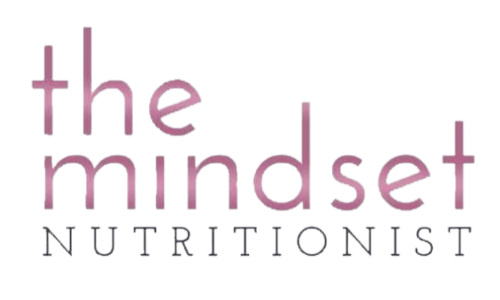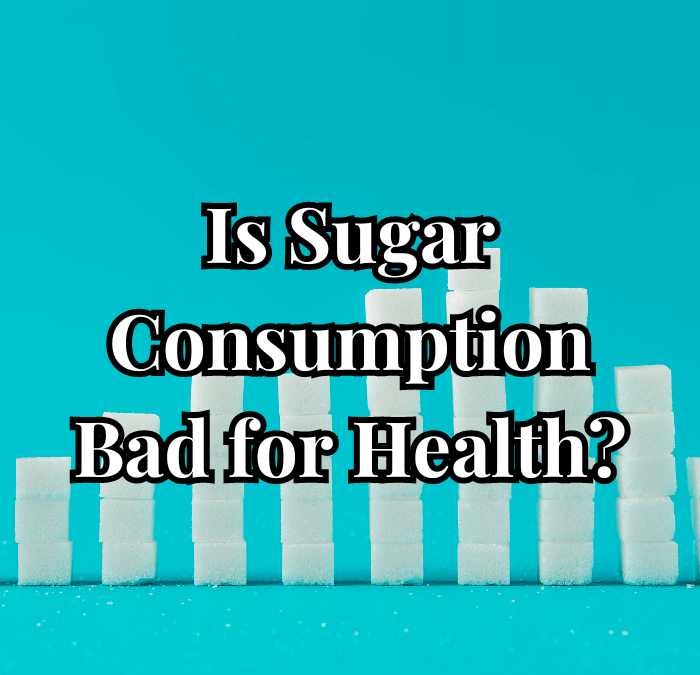I bet you have internalised information on sugar as if it is fact through no fault of your own. And I want to challenge that. I want you to send this to people who have the same internalised thoughts in the hope of breaking the hold that the fear of sugar has on at least some people.
Sugar consumption and weight gain
It is widely said all over the internet that people in large bodies eat too much fat and sugar and that is how we end up being the weight we are. The reality is that weight science is far more complicated than what we actually eat and how much of it we eat. Genetics is one of the biggest determinants of our weight. Epigenetics and socioeconomics have such a huge impact on weight as well. There are over 100 determinants of our weight, most of these we do not have a control over.
So when there are wide assumptions that people in big bodies over eat and eat a lot of sugar, I roll my eyes and usually end up having a rant.
I feel like it is more important for fat people to have this messaging because of that assumption that sugar=fat and those internalised anti fat messages we have around fatness and sugar. Because of the stigma that come with fatness and type 2 diabetes as well as PCOS and insulin resistance. I already covered the myth of sugar causing type 2 diabetes in this article.
Can you be addicted to sugar?
This is a myth that came from the media hyping up a study on rats back in 2007! In this study, they offered rats sugar or cocaine, the rats went to sugar over cocaine with the study explaining that the reward from sugar must be higher than cocaine and therefore sugar is more addictive than cocaine. This coincided with scans from brains on cocaine and sugar showing the same reward centres being lit up. On the face of it, we should be scared because sugar makes us fat and is addictive *screams internally*. Sugar doesn’t make someone fat of course. And this argument loses face when you start bring in the nuances of humans and human behaviour.
Sugar consumption and psychology
So think about what birthday cake bring to you, addiction and you must have it now or are birthday cakes attached to nostalgic memories or excitement of birthday celebrations to come. Food come with emotion and we tend to traditionally and historically use within foods that we meant for celebration. Also, we are not rats. There is also that the biological and neurological evolution of a reward center for sugar is linked to the need for energy to literally live. In conclusion, no you cannot be addicted to sugar. As part of intuitive eating, we work on food just being food.
Food which is something we can enjoy, yes. But not something we need to avoid completely because we will eat it all. If you feel addicted to sugar or food, then I really recommend to you intuitive eating, it is what I support people with (see my Fat and Nourished group coaching and my new Intuitive eating and exercise healing self led course).
Sugar consumption and blood sugar spikes
Should you be worried about these? Not at all (if you don’t have diabetes, etc). These sugar “spikes” are a great marketing opportunity for some people. Using the word “spikes” are designed to make you scared, as if the blood sugar levels get too high. If you have diabetes or any other medical condition that means you cannot control your blood sugar levels, it is true that you need to be mindful of your blood sugar levels and that is important to your health but in the ideal world, this would come from a place of care and respect to your body rather than a place of fear.
Sugar spikes are normal
If you do not have diabetes etc, then you do not have to worry about your blood sugar levels. Your blood sugars are supposed go up and down within a range, that is normal, that is healthy. Of course, if you are concerned about your blood sugar levels, please go to the doctor. And I realise that is far easier said than done especially if you are fat. The weight stigma we experience from doctors is horrible.
Can eating too much sugar cause type 2 diabetes?
Nope! I give you this wonderful table from the Scientific Advisory Committee UK review of evidence for Carbohydrates and Health 2015.

The evidence shows there is no association between eating sugar and the development of type diabetes. It is a mic drop situation. If you want to learn more about sugar and diabetes, my last article goes far more into depth.
Sugar consumption and teeth
We absolutely know that sugar does have an impact on your teeth. Dental hygiene is very important here. Allow yourself to eat the sugar but please do brush your teeth twice a day and remember to floss!
Intuitive Eating and Sugar
Hopefully these help you in trying to naviaget nutrition and the misinformation out there. One way of helping our consumption of sugar is to learn how to eat intuitively which helps us to find a place of neutrality when it comes to sugar. Being able to eat foods and drink drinks with sugar in without guilt and shame where we want to get to with our eating. It’s the dream place and you can with learning how to intuitively eat. The media loves to make villains, they are talking point and sugar is one of those things.
Is sugar consumption bad for your health? Overall, no! Especially if you are not diabetic,etc.
Eat foods and drink drinks with sugar in, and make sure you are brushing your teeth regularly. Also work on neutralising sugary food as part of intuitive eating knowing that research on intuitive eating has shown how great it is at supporting blood sugar levels (not that you have to if you don’t have diabetes like I said).
Want to know more about Intuitive Eating? I have some blogs for you!
How do you start Intuitive Eating?
The Top 5 Intuitive Eating, Anti-Diet and Weight Inclusive Resources in the UK


